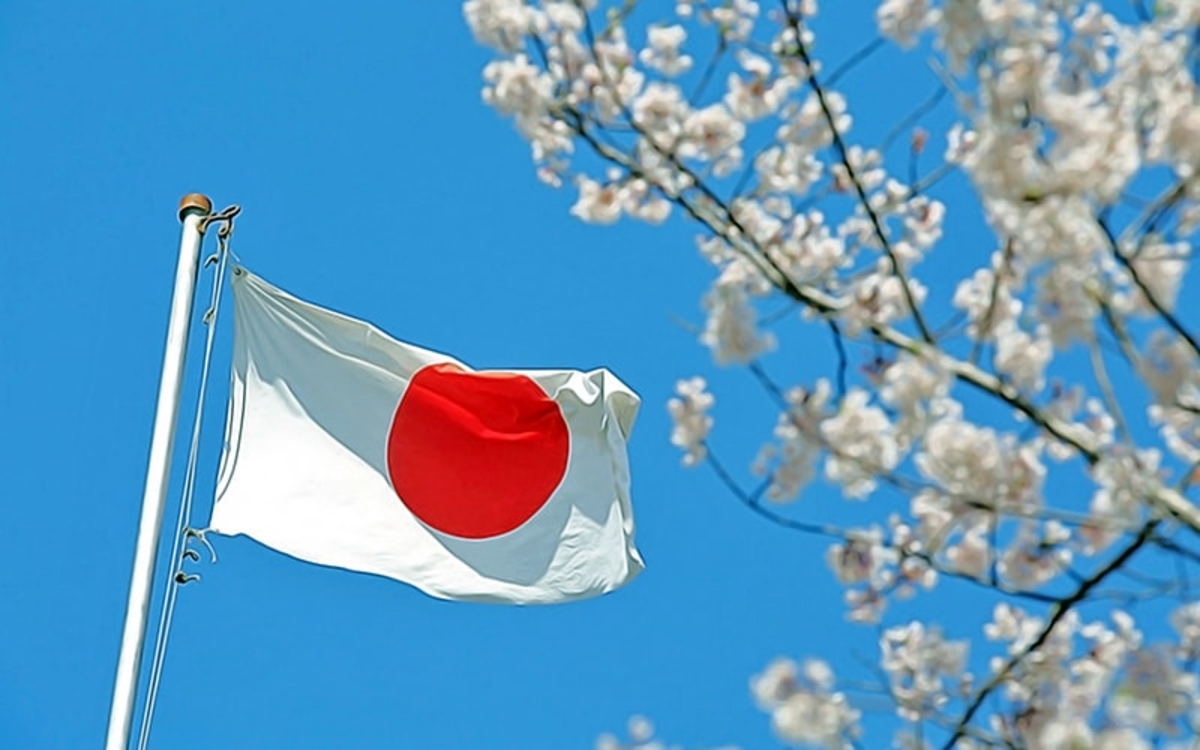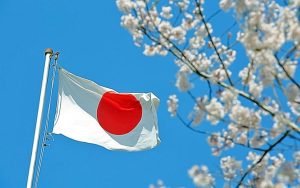Join Our Telegram channel to stay up to date on breaking news coverage
Japan’s financial regulator proposed changing the tax code for digital assets to eliminate an unrealized gains tax paid every year in a move that’s seen boosting the local crypto industry.
The Financial Services Agency (FSA) submitted the request on Aug. 31 in a 16-page document. Local media said the amendment will likely be accepted as the Ministry of Economy, Trade, and Industry will support it.
The FSA argued that the reform would improve the environment for crypto companies and promote a healthy ecosystem for Web3 development.
What Is Unrealized Gains Tax?
The unrealized gains tax is a rule that legal entities in Japan must follow, which is noticeably different from the regulations in most other jurisdictions.
Typically, legal entities only have to pay taxes after realizing gains from the sale of crypto assets and conversion into fiat currencies. But in Japan, companies are obligated to pay taxes yearly even when the gains aren’t realized.
It would also provide better conditions for startups that use blockchain technology by only obligating them to pay taxes on their existing profits.
The Japan Blockchain Association Requested Change
The FSA’s decision to reform Japan’s crypto taxes comes in response to a request submitted by the Japan Blockchain Association (JBA) in late July.
The non-government group supporting the crypto industry has been among the most vocal crypto advocates requesting changes to the national regime involving digital assets.
Their request to eliminate unrealized gains tax was only the first of three requests submitted in July. The second request included switching from personal crypt asset trading profits taxation to self-assessment separate taxation. The JBA suggested a uniform tax rate of 20%.
The final request was to eliminate income tax on the profits generated each time an individual exchanges digital assets. The document argues,
In the borderless web3 era, there is a high possibility that the exchange of crypto-assets will become the mainstream of the economic zone, and due to the wide variety of transactions that occur and the types of crypto-assets that are exchanged, tax calculation will be extremely difficult.
Japan Shifts Focus To Growth of Web3 sector
The requests came soon after Japan’s Prime Minister Fumio Kashida reaffirmed the nation’s commitment to fostering the Web3 industry. He pointed out the Web3 sector’s potential to transform the internet and drive social change.
Japan’s stance on cryptocurrencies also inspired Binance to launch its service in Japan, returning to the nation for the first time in over four years. The exchange previously left Japan in 2018 due to the lack of a proper license.
Related Articles:
- Japan Is Set to Launch Digital Yen (CBDC) Pilot in April
- Japan’s Tax Amendment Boosts Crypto Startups
- Circle Sets Eyes On Japan for Stablecoin Launch
Best Wallet - Diversify Your Crypto Portfolio
- Easy to Use, Feature-Driven Crypto Wallet
- Get Early Access to Upcoming Token ICOs
- Multi-Chain, Multi-Wallet, Non-Custodial
- Now On App Store, Google Play
- Stake To Earn Native Token $BEST
- 250,000+ Monthly Active Users
Join Our Telegram channel to stay up to date on breaking news coverage


